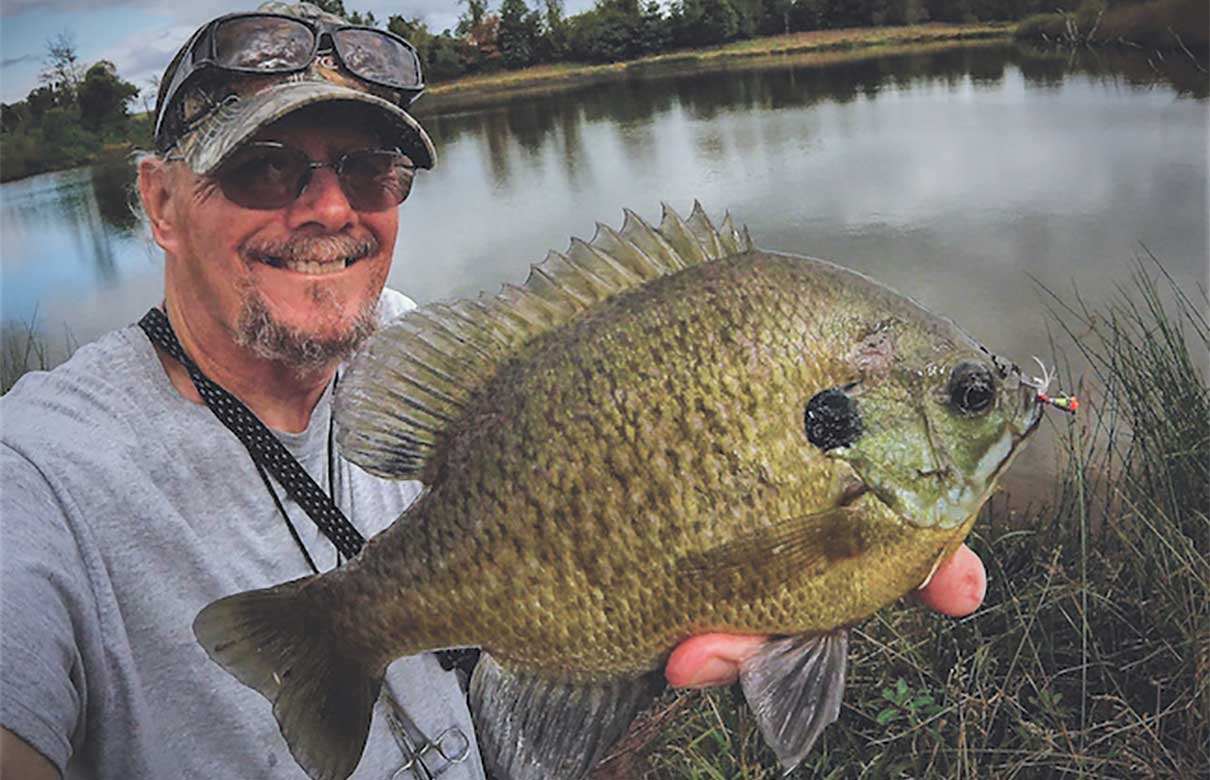Tips to Catch Big Panfish in Spring
By: Jeff Knapp
 The warmer water that comes with Spring causes panfish to move to the shallow waters to feed and creates the perfect situation for anglers looking for panfish. (Photo courtesy of GameandFishMag.com)
The warmer water that comes with Spring causes panfish to move to the shallow waters to feed and creates the perfect situation for anglers looking for panfish. (Photo courtesy of GameandFishMag.com)
While bluegills and shellcrackers are often looked at as kids' fish, targeting bigger spring panfish is harder and quite satisfying
Natural signs signal spring's arrival: dogwoods blooming along wooded hillsides, yellow flowers of forsythia bushes brightening up the dullness of the past winter, and submergent vegetation emerging in lakes and ponds. All of which means one thing to the pan-fisherman – the fish should be moving shallow and on the feed!
Jim Gronaw looks forward to such signs, but they hardly spur his initial angling efforts for the year. No, Gronaw fishes for panfish, such as bluegills and redear sunfish (shellcrackers), 12 months of the year.
"I caught my first bluegill when I was 5 years old, and haven't been the same since," joked Gronaw, describing an event that took place over 60 years ago.
His personal best bluegill is 12.5 inches and 2 pounds, 4 ounces. Currently, his best redear stands at 12 inches. Last season marked his best for bluegills over 10 inches; he landed over 400 of them.
While Gronaw isn't reluctant to keep some bluegills for the pan, he selects smaller ones (7 to 8 inches), feeling the harvest of big bluegills, males in particular, harms the size structure of a lake by removing genetically superior fish that are responsible for nest protection.
Gronaw identifies several distinct phases of fish movement and activity during the spring: those driven by warming water, the effects of cold snaps, and the need to feed and reproduce.
READ THE FULL STORY ON GAME & FISH